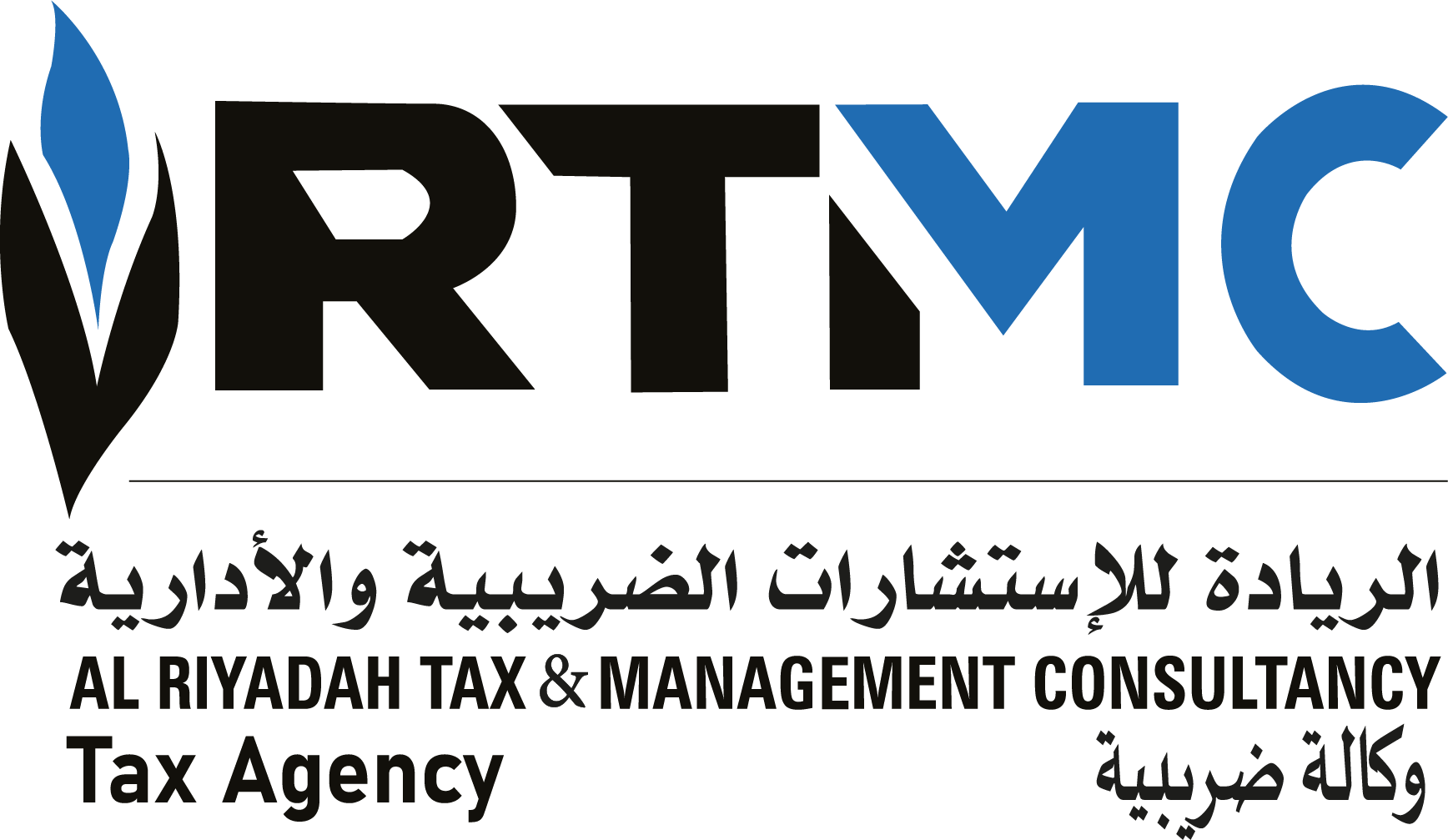

Introduction to Business and Human Resources Management
Business management is a vital field that plays a key role in the success of organizations of various sizes and activities. It involves planning, organizing, executing, and monitoring operations and institutions to achieve strategic and operational objectives. In this context, the importance of human resources (HR) management emerges as a fundamental pillar for the success of any organization. HR management focuses on attracting, developing, and retaining the right employees who contribute to the institution’s vision and goals.
Effective HR strategies contribute to improving institutional performance and increasing efficiency. For example, training and employee development can enhance teamwork and foster a positive response to changes. Additionally, good performance management and rewards systems play a crucial role in motivating work teams and increasing their satisfaction. Therefore, the integration of business management and HR strategies is essential to guide organizations toward effectiveness and sustainable success.
When designing business management plans, HR should be an integral part of these plans. Collaboration between various departments contributes to creating a healthy work environment that fosters innovation and increases productivity. By improving HR management systems, institutions can identify and effectively invest in their employees’ unique skills, driving growth and enhancing institutional values. This vital relationship between business management and HR shows how investing in human capital is an investment in the institution’s future.
Importance of Management Consulting
Management consulting is a fundamental part of business management, helping companies develop effective strategies and improve overall performance. Many institutions face various challenges related to HR, business environment shifts, and increasing competition. This is where management consulting plays a crucial role in guiding companies toward achieving their goals, as consultants can offer new insights that promote innovation and development.
Management consulting involves a comprehensive analysis of a company’s processes and organizational structure. This includes studying workflow, team efficiency, and service quality. These analyses make it easier to identify current and future challenges, allowing companies to make data-driven decisions. When addressing HR challenges such as improving workplace culture or enhancing team performance, various models are employed, including surveys, workshops, and assessment tools.
Once problems are diagnosed, management consulting offers practical solutions that contribute to more effective business management. These solutions often include process restructuring, policy development, and improving communication within teams. Additionally, management consulting raises team awareness of the importance of understanding work dynamics and how to deal with them positively. Through training and operational support, sustainable results can be achieved.
Overall, management consulting can be considered a valuable resource for HR professionals, leaders, and team managers, enhancing their ability to face challenges and efficiently achieve set goals.
Payroll Management: Concepts and Basics
Payroll management is a crucial part of business and HR management, allowing organizations to effectively organize and monitor employee financial compensation. Payroll management requires an integrated system that includes a set of policies and procedures aimed at ensuring transparency and fairness in compensation. Through this system, institutions can account for skills, experience, and performance, contributing to enhancing employee satisfaction and motivating them to perform their tasks efficiently.
Salaries and incentives are not merely tools for compensating employees but are also strategic tools that enhance employee retention and attract top talent. Effective payroll management relies on market data analysis and current trends in compensation and benefits. Salaries must be competitive and attractive, reflecting the institution’s commitment to valuing its employees. Policies related to payroll management include the criteria used to determine salaries, job divisions, working hours, and holidays, all of which directly impact salaries.
Furthermore, payroll management also involves compliance with local and international laws to ensure employee rights and adherence to regulations. HR departments must dedicate the necessary resources to ensure the smooth operation of the payroll system, focusing on the legal and procedural dimensions of compensation. HR teams must be trained in these systems to ensure effective and efficient payroll management.
In conclusion, an integrated and balanced payroll system is essential for fostering respect and inspiration between employees and the institution within the framework of business and HR management.
Key Components of Accounting Software Consulting
Accounting software is one of the essential tools that contribute to improving business and HR management within institutions. These programs consist of several key components that facilitate accounting operations and financial reporting. Among these components are account management systems, payroll, payments, and sales, which help organize financial data effectively.
Accounting software is distinguished by its ability to integrate data, making it easier to access critical information quickly. Key components also include data analysis tools that allow institutions to assess financial performance and make informed decisions based on accurate information. Additionally, these programs feature user-friendly interfaces that simplify interaction with the system, reducing the need for extensive training for new employees.
When choosing the right accounting software, institutions must consider their specific needs and size. For example, some companies may need customized solutions that contribute to more efficient payroll management, while others may seek comprehensive systems that cover all aspects of business management. Therefore, business consulting is essential to help determine the most suitable software for the organization’s business and HR requirements.
The systematic selection of accounting software also requires a critical review of available features, such as system performance, security, and technical support. Institutions should look for solutions that align with their overall strategies and achieve added value from their investment in accounting technology.
Steps for Implementing Business Consulting
The process of implementing business consulting requires a comprehensive set of steps to ensure the achievement of desired goals. This path begins with identifying the organization’s actual needs, where business and HR teams must gather accurate data on current challenges. This can be achieved through a thorough analysis of internal data, such as job performance and employee satisfaction, in addition to conducting surveys and opinion polls. This initial analysis helps formulate a clear vision of current practices and what needs improvement.
After identifying the needs, the next step is developing a work plan. In this phase, consultants work with management to design strategies tailored to the organization’s requirements. A comprehensive plan should be created, including objectives, required resources, and a timeline for implementation. Communication plays a crucial role here in ensuring that all parties involved understand the necessary steps and expectations.
Once the plan is prepared, the implementation phase begins. This phase includes team training, applying proposed solutions, and regularly monitoring progress. Employees must be provided with all relevant information about the new changes to enhance adaptation and positivity in their responses. Business and HR management are vital in this phase to ensure the achievement of desired results.
Finally, post-implementation evaluation is conducted, where results are analyzed and compared to pre-set goals. This step is essential, as it helps understand the effectiveness of the implemented consulting and whether there is a need for adjustments to strategies or processes. By following these steps carefully, organizations can achieve sustainable success in business and HR management.
Challenges in Payroll Management and How to Overcome Them
Payroll management is a critical function within business departments, requiring high accuracy and compliance with legal regulations. However, companies face multiple challenges in this area. One of the main challenges is accounting errors, which can arise from inaccurate data or incorrect calculations. These errors can lead to incorrect salary payments, affecting employee satisfaction and trust in business management.
Additionally, HR management must comply with laws and regulations related to payroll processing. Frequent changes in tax laws and financial reporting can create additional pressure on work teams. If systems are not updated according to these laws, companies may face penalties or legal crises that could negatively impact their reputation.
To overcome these challenges, an integrated accounting system can be developed to reduce errors. By using modern payroll management software, data accuracy can be improved, and the time required for accounting operations reduced. Moreover, HR management is advised to implement regular data audits and review local payroll laws to ensure compliance and respond quickly to changes.
Continuous training for the payroll management team is also crucial, as well-trained employees are better equipped to handle payroll-related challenges. Including these strategies in business management plans can contribute to improving efficiency and reducing risks associated with payroll management.
Role of Technology in Improving Business Management
Technology is a key factor that plays a significant role in improving business and HR management. The use of modern systems such as Human Resources Management Systems (HRMS) and accounting software enables companies to enhance their operational efficiency and streamline internal processes. By automating tasks that previously required manual effort, technology reduces human errors and speeds up processing time. For example, HR staff can instantly access employee information, facilitating hiring, training, and payroll management processes.
Accounting software continues to evolve, making financial operations more accurate and transparent. By integrating these systems with other business management tools, companies can obtain real-time data analytics, helping them make strategic decisions based on precise information. For instance, advanced analytics help understand employee spending patterns, enhancing effective financial planning.
Moreover, technology enables companies to improve internal communication between teams through tools like email, virtual meeting rooms, and collaborative applications. These tools not only facilitate communication and increase efficiency but also help create a more interactive and flexible work environment. Therefore, investing in technology is not merely an option but a strategic necessity for improving business and HR management in the modern era.
How to Choose the Right Business Consultant
When looking for the right business consultant, several key factors should be considered. First, the consultant must have extensive experience in business and HR management. Qualified consultants excel in handling various challenges that companies may face, whether related to developing business strategies or improving HR processes.
Second, it is important to assess the consultant’s competencies. This can be achieved by reviewing their resume or evaluating feedback from previous clients. Their profile should include tangible successes in projects similar to the type of support you need. Additionally, it is essential to consider how they handle problems and differing opinions, as effective communication is a critical factor in success.
Specialization is also an important aspect of selection. Some consultants focus on specific areas within business and HR management, such as performance evaluation or strategic planning. Therefore, you should ensure that the selected consultant has deep knowledge that aligns with your organization’s needs.
Finally, you should consider the consultant’s working and collaboration style. Are they cooperative? Do they adopt flexible working methods that align with your organization’s vision and goals? These elements clarify how to choose the right consultant who will enhance your business management efficiency and improve HR processes.
Conclusion and Recommendations
In conclusion, effective management plays a vital role in the success of organizations. Improving institutional performance requires adopting effective business management strategies and leveraging best practices in HR management. Organizations must always
be ready to adapt to rapid changes in the business environment, which calls for a focus on developing employee capabilities and enhancing organizational efficiency.
One of the most important points covered in this article is the importance of thoroughly analyzing business and HR needs. This step is the first toward building a comprehensive strategy that achieves organizational goals. Leaders should then take advantage of modern management techniques, including technological tools, to facilitate payroll and resource management processes, leading to improved quality and reduced errors.
This study recommends adopting an effective corporate communication approach, where continuous communication between different teams is essential to achieving shared goals. Additionally, it is advised to conduct regular training for employees to develop their skills and encourage innovation. Furthermore, it is important to allocate sufficient resources for performance analysis and regular evaluations to ensure that set business and HR goals are met.
Finally, organizations should focus on building a strong organizational culture that fosters loyalty and belonging among employees, contributing to overall performance improvement and achieving business sustainability. When applied correctly, these recommendations will help organizations succeed in the ever-changing business world.
